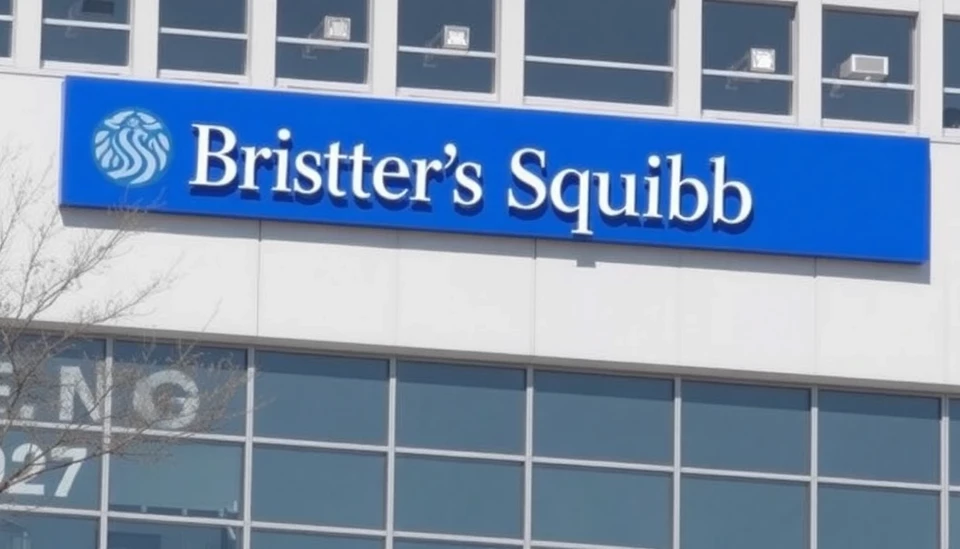
Bristol Myers Squibb (BMS) has encountered a significant hurdle as its experimental drug, Cobenfy, has reportedly failed to achieve its main goals in a crucial clinical trial aimed at treating schizophrenia. This unexpected development raises concerns about the potential for the drug to contribute positively to therapeutic options for patients struggling with this severe mental health disorder.
The Phase 3 clinical trial, which evaluated the efficacy of Cobenfy in comparison to placebo, ended with results that were not only disappointing but also highlighted the challenges that lie ahead for the pharmaceutical giant’s pipeline of innovative treatments. Analysts had high hopes for Cobenfy, as it was expected to be one of the frontrunners in addressing the unmet needs in schizophrenia care. However, the failure to demonstrate significant improvement in key endpoints leaves many in the medical community questioning the overall viability of the drug.
This setback is particularly notable given BMS’s continual commitment to expanding its psychiatric medication portfolio. The company had touted Cobenfy as a potential first-in-class treatment due to its novel mechanism of action aimed at targeting specific neurotransmitter systems involved in psychotic disorders. The implications of this failure could be far-reaching, affecting not just Cobenfy’s future but also the broader landscape of schizophrenia treatments.
Despite this setback, BMS remains committed to advancing its drug development program and plans to conduct a thorough analysis of the study results to fully understand the implications and future steps needed. Investors and stakeholders are likely to keep a close watch on BMS’s next moves, particularly in how the company addresses the ongoing challenges associated with mental health medications.
The failure of Cobenfy also calls into question the outcomes of other investigational drugs in the mental health sector, reflecting the inherent complexities involved in treating schizophrenia and related disorders. As the global interest in mental health research continues to grow, the high-profile failures serve as a stark reminder of the difficulties faced by drug developers in successfully navigating the path from discovery to market.
In the wake of Cobenfy's disappointing trial results, BMS's competitors may see an opportunity to capitalize on this gap in the market, further intensifying the race to find effective therapies for schizophrenia. While Bristol Myers Squibb works to regroup, innovation in this field will remain a pressing priority for many pharmaceutical companies, illustrating the ongoing challenges in advancing mental health treatment options.
For patients and healthcare professionals, the news is a poignant reminder of the ongoing journey toward finding effective treatments for schizophrenia, a condition that affects millions worldwide. With ongoing research and development, there remains a glimmer of hope for new breakthroughs, as the mental health community continues to seek solutions to meet the diverse needs of individuals living with these complex disorders.
As this story unfolds, all eyes will be on BMS and other stakeholders in the psychiatric pharmaceutical space to see how they adapt and innovate in pursuit of effective schizophrenia treatments in light of these recent developments.
#BristolMyersSquibb #Cobenfy #Schizophrenia #MentalHealth #PharmaceuticalNews #ClinicalTrialResults #DrugDevelopment #HealthcareInnovation
Author: John Harris


